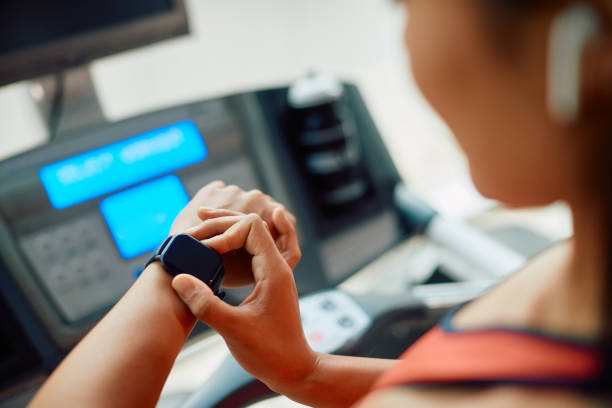In today’s world, where health and fitness are top priorities for many, fitness trackers have become increasingly popular.
These handy devices promise to monitor our activity levels, count our steps, and even calculate how many calories we burn throughout the day.
But just how accurate are these calorie counts?
Table of Contents
Understanding How Fitness Trackers Work
Fitness trackers use various sensors such as accelerometers and heart rate monitors to track our movements and physiological data.
They collect information like steps taken, heart rate, and sometimes even skin temperature.
Using algorithms, they then estimate the number of calories burned based on this data.
The Accuracy Debate
While fitness trackers can provide a rough estimate of calorie expenditure, their accuracy can vary. Several factors can influence their reliability:
Type of Activity
Some activities, like walking or running, are easier for trackers to estimate because they involve repetitive motions.
Complex activities or strength training may be more challenging for trackers to accurately assess.
Individual Variability
People differ in their metabolism, fitness level, and even how they wear the tracker. These differences can affect the accuracy of calorie calculations.
Device Quality
The quality and sophistication of the tracker itself play a significant role. Higher-end devices with more advanced sensors may provide more accurate readings compared to budget models.
Real-Life Applications
Despite potential inaccuracies, fitness trackers can still be valuable tools for monitoring overall activity levels and progress over time.
Here’s how you can make the most of them:
Use as a Guide
Treat calorie counts from trackers as estimates rather than precise numbers.
They can still provide useful insights into your daily activity patterns.
Consistency is Key
Wear the tracker consistently in the same position for more reliable data. This helps the device learn your personal activity patterns better.
Combine with Other Methods
For those serious about calorie counting, consider combining tracker data with other methods like food journaling for a more comprehensive approach.
Conclusion
While fitness trackers may not be flawless in their calorie calculations, they remain powerful tools for promoting physical activity and awareness of daily movement.
Understanding their limitations and using them wisely can help individuals make informed decisions about their health and fitness goals.
In essence, while the mystery of precise calorie counting may not be entirely solved by fitness trackers alone, they certainly play a valuable role in our journey towards a healthier lifestyle.
Photo | pexels

























